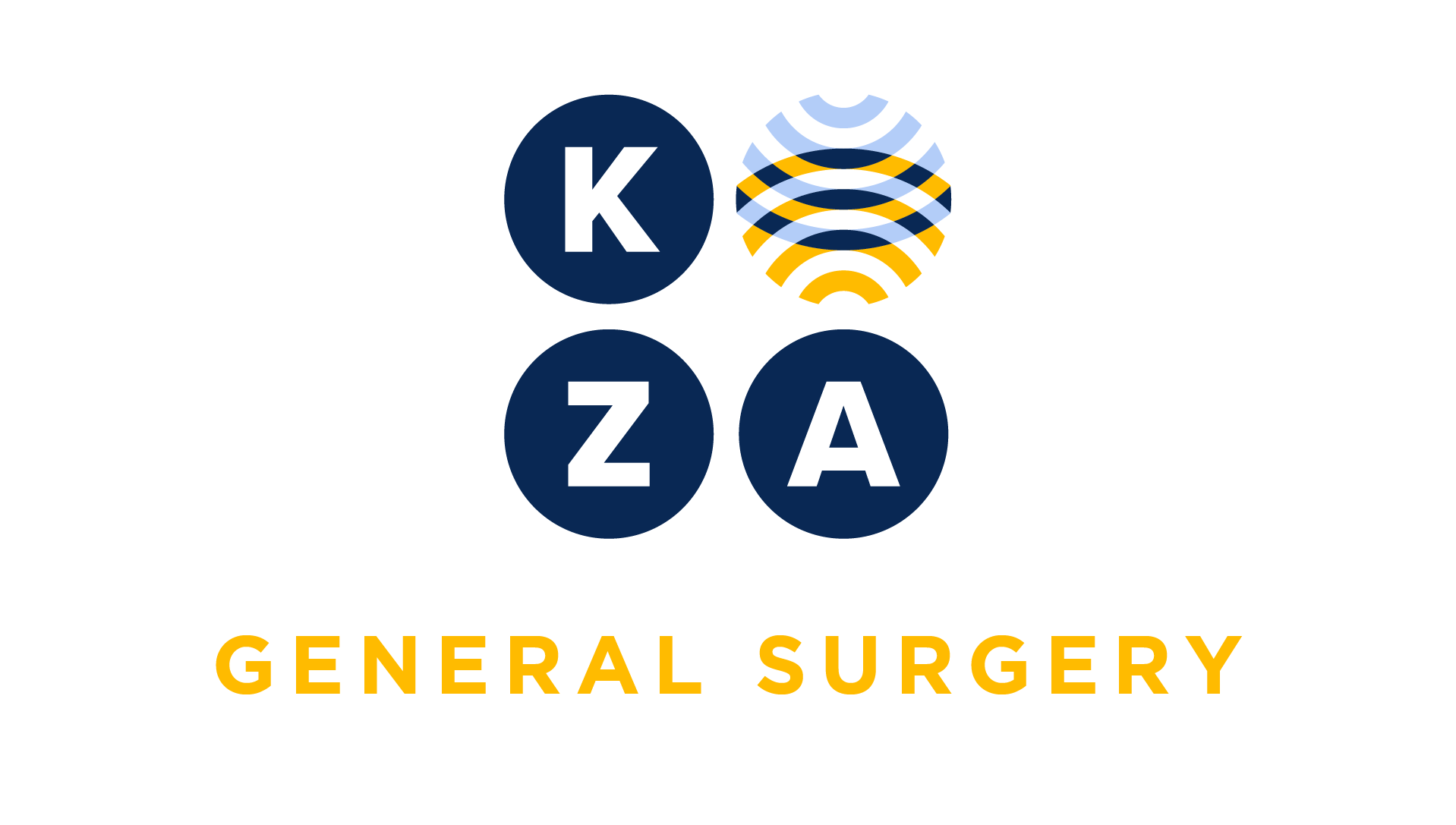
Choose your specialty from the list below to see how our experts have tackled a wide range of client questions.
Looking for something specific? Utilize our search feature by typing in a key word!
E-Consults?
One of my colleagues told me that she was doing e-consults with other physicians for Medicare and getting paid. Is this a billable service?
Question:
One of my colleagues told me that she was doing e-consults with other physicians for Medicare and getting paid. Is this a billable service?
Answer:
Yes! Medicare has added CPT codes 99446-99452 for interprofessional/ telephone/internet/electronic health record (EHR) consultations to the fee schedule, so they are now payable services. These are assessment and management services in which a patient’s treating physician or other qualified health care professional requests the opinion and/or treatment advice from a physician with specific specialty expertise. The consulting physician can assist the treating physician or other qualified health care professional in the diagnosis and/or management of the patient’s problem without patient face-to-face contact with the consulting physician. The consulting physician should not have seen the patient in a face-to-face encounter within the previous 14 days. If the consultation leads to a transfer of care or other face-to-face service within the next 14 days or next available appointment date of the consultant, these codes are not reported.
They are time-based codes and some require verbal and written report, while others require only a written report. More than half your total time must be spent on the medical consultative verbal or internet discussion, but the time you spend reviewing the medical records counts towards your total billable time. The written or verbal request for telephone/internet/EHR advice by the treating/requesting physician or other qualified health care professional should be documented in the patient’s medical record, including the reason for the request. Reimbursement ranges from $18.84 for 5-10 minutes of consultative service to $73.28 for 31 minutes or more of consultative service (based on national rates).
*This response is based on the best information available as of 02/16/23.
Modifier 78 vs 59
What modifier do we use if a patient is returned to the OR the same day as the original surgery for post-op hemorrhage? Isn’t it 78 for this complication?
Question:
What modifier do we use if a patient is returned to the OR the same day as the original surgery for post-op hemorrhage? Isn’t it 78 for this complication?
Answer:
Modifier 78 is a global period modifier and the global period begins on post-op day one. So it is not appropriate for a same day procedure. One of the uses of Modifier 59 and the specific use XE modifier is to report a bundled procedure done at a different session on the same calendar day. For this scenario, returning to control hemorrhage on the same day as the surgery, 59 or XE is the correct modifier.
*This response is based on the best information available as of 02/02/23.
Global Period for Debridement
I thought the global period of debridement of muscle or bone was 10 days. Is that true?
Question:
I thought the global period of debridement of muscle or bone was 10 days. Is that true?
Answer:
The debridement codes were revised in 2011 and the global period for all codes (11042-11047) was revised to 0 days.
*This response is based on the best information available as of 01/19/23.
Debridement Coding
If 10 sq. cm subcutaneous tissue is debrided from the right leg and 20 sq. cm is debrided from the left leg, is it coded as 11042 and 11042-59 or 11042 RT and 11042 LT?
Question:
If 10 sq. cm subcutaneous tissue is debrided from the right leg and 20 sq. cm is debrided from the left leg, is it coded as 11042 and 11042-59 or 11042 RT and 11042 LT?
Answer:
If debridement is performed at the same depth of tissue (all subcutaneous tissue) it is summed to arrive at the appropriate codes, even if in different anatomic areas. So, in your example, the codes would be 11042 and the add-on code 11045 for the 30 sq. cm of debridement. See the codes below.
11042 Debridement,subcutaneous tissue(includes epidermis and dermis, if performed); first 20 sq. cm or less
11045 each additional 20 sq. cm, or part thereof (List separately in addition to code for primary procedure)
*This response is based on the best information available as of 12/15/22.
Coding for Trauma Resuscitation
How do we bill for a trauma resuscitation? Are there codes for hanging fluids and packed cells? Can we use the CPR code 92950?
Question:
How do we bill for a trauma resuscitation? Are there codes for hanging fluids and packed cells? Can we use the CPR code 92950?
Answer:
There is no specific code for a trauma resuscitation or for administering fluids or blood products. The CPR code is specifically for providing cardiopulmonary resuscitation; chest compression, airway support. Trauma resuscitation is best reported with a critical care code.
*This response is based on the best information available as of 12/01/22.
What Does “Separate Procedure “Mean in a CPT Code Description?
What does “separate procedure” mean when it follows a CPT code description?
Question:
What does “separate procedure” mean when it follows a CPT code description?
Answer:
Per CPT: Some of the procedures or services listed in the CPT codebook that are commonly carried out as an integral component of a total service or procedure have been identified by the inclusion of the term “separate procedure.” The codes designated as “separate procedure” should not be reported in addition to the code for the total procedure or service of which it is considered an integral component.
However, when a procedure or service that is designated as a “separate procedure” is carried out independently or considered to be unrelated or distinct from other procedures, report the code in addition to other procedures/services by appending modifier 59 to the specific “separate procedure” code. This indicates that the procedure is not considered to be a component of another procedure, but is a distinct, independent procedure. This may represent a different session, different procedure or surgery, different site or organ system, separate incision/excision, separate lesion, or separate injury (or area of injury in extensive injuries).
What does this mean in practice?If a code description includes the term “separate procedure”, if that procedure is in the same anatomic area as a more comprehensive procedure (for example, lyse of adhesions followed by a colectomy) only the more comprehensive procedure, the colectomy, is reported.
*This response is based on the best information available as of 11/17/22.
Do you have a Coding Question you would like answered in a future Coding Coach?
If you have an urgent coding question, don't hesitate to get in touch with us here.

